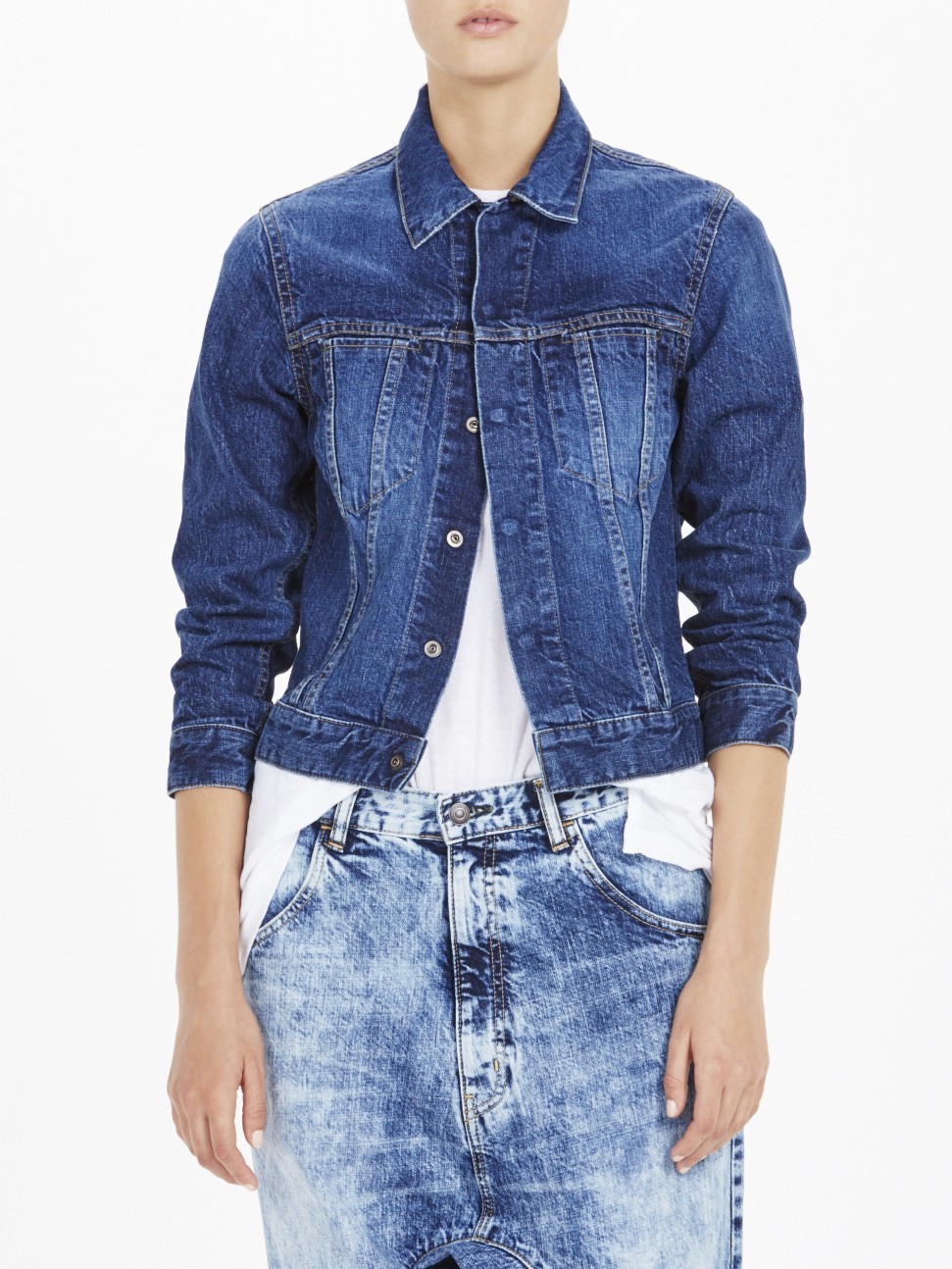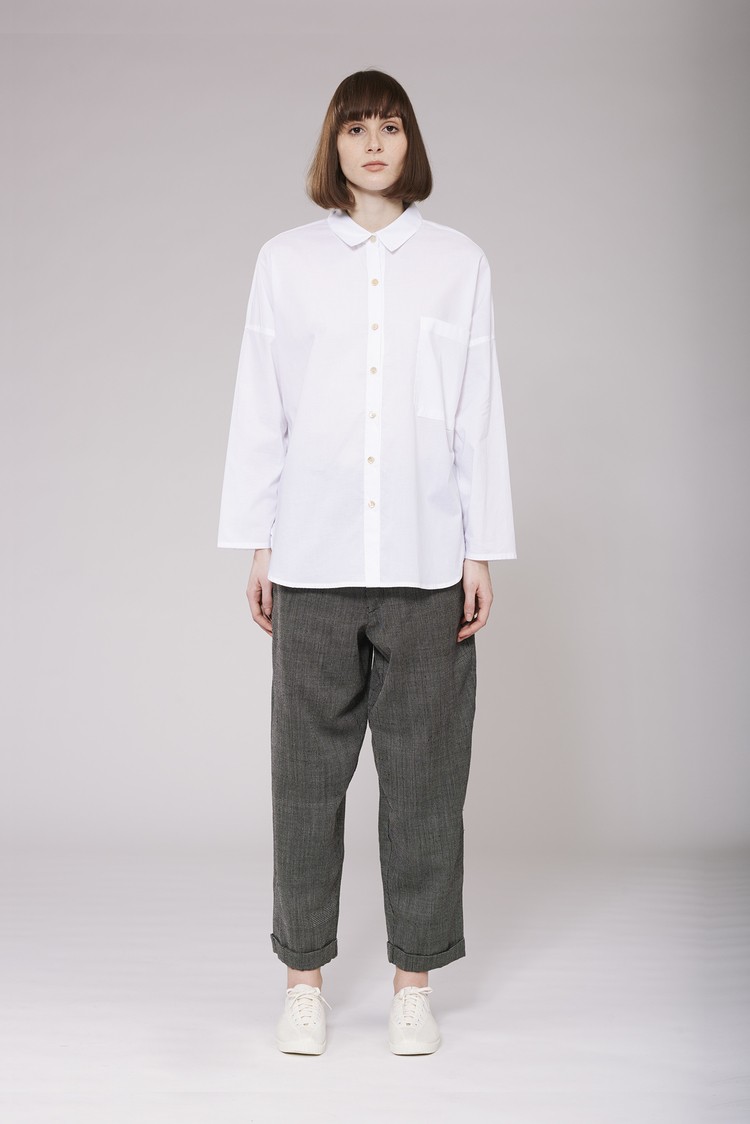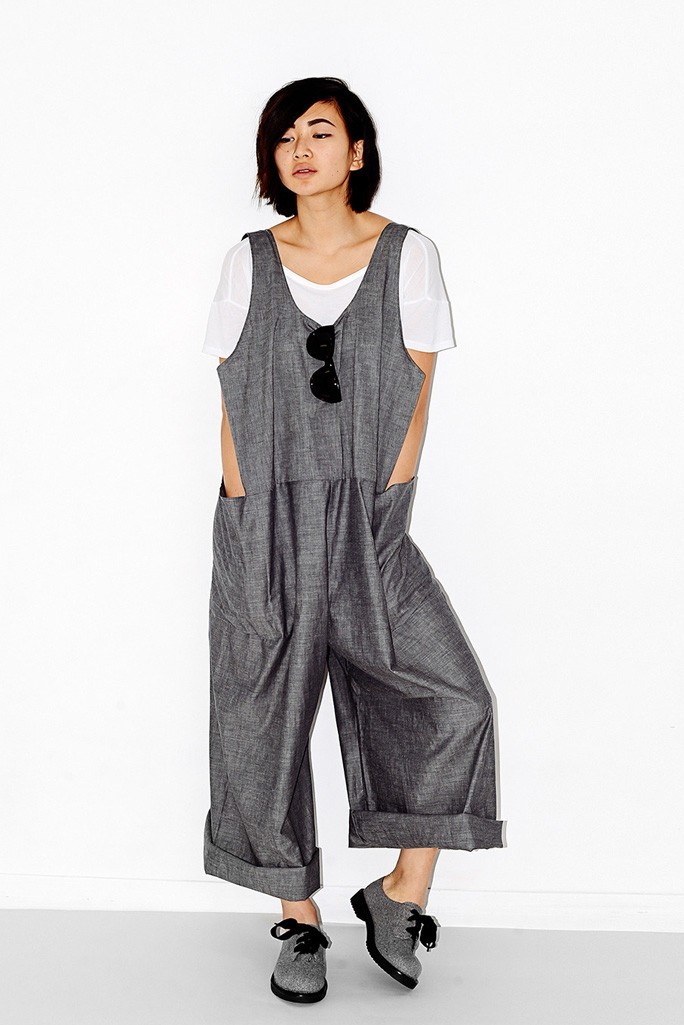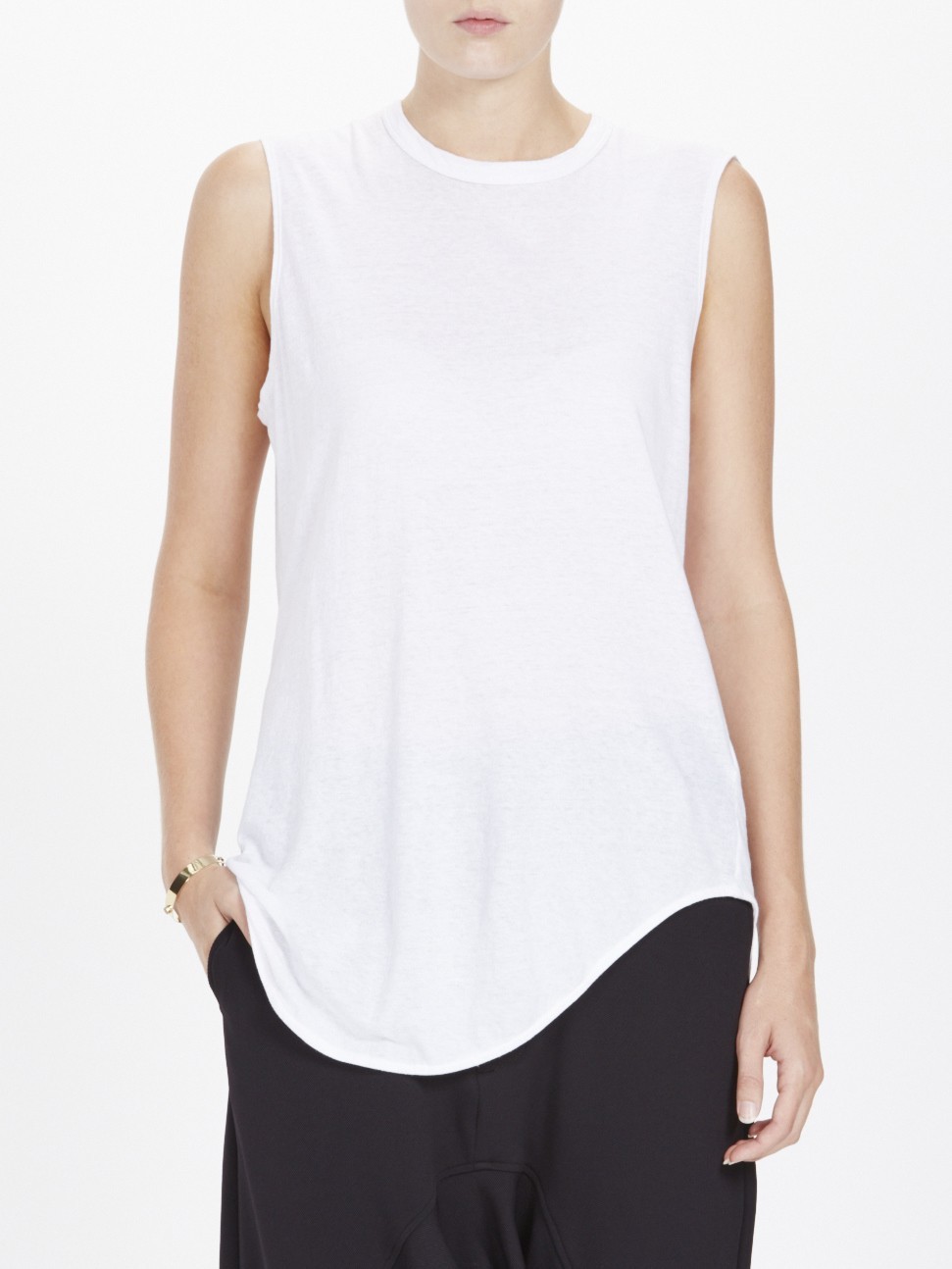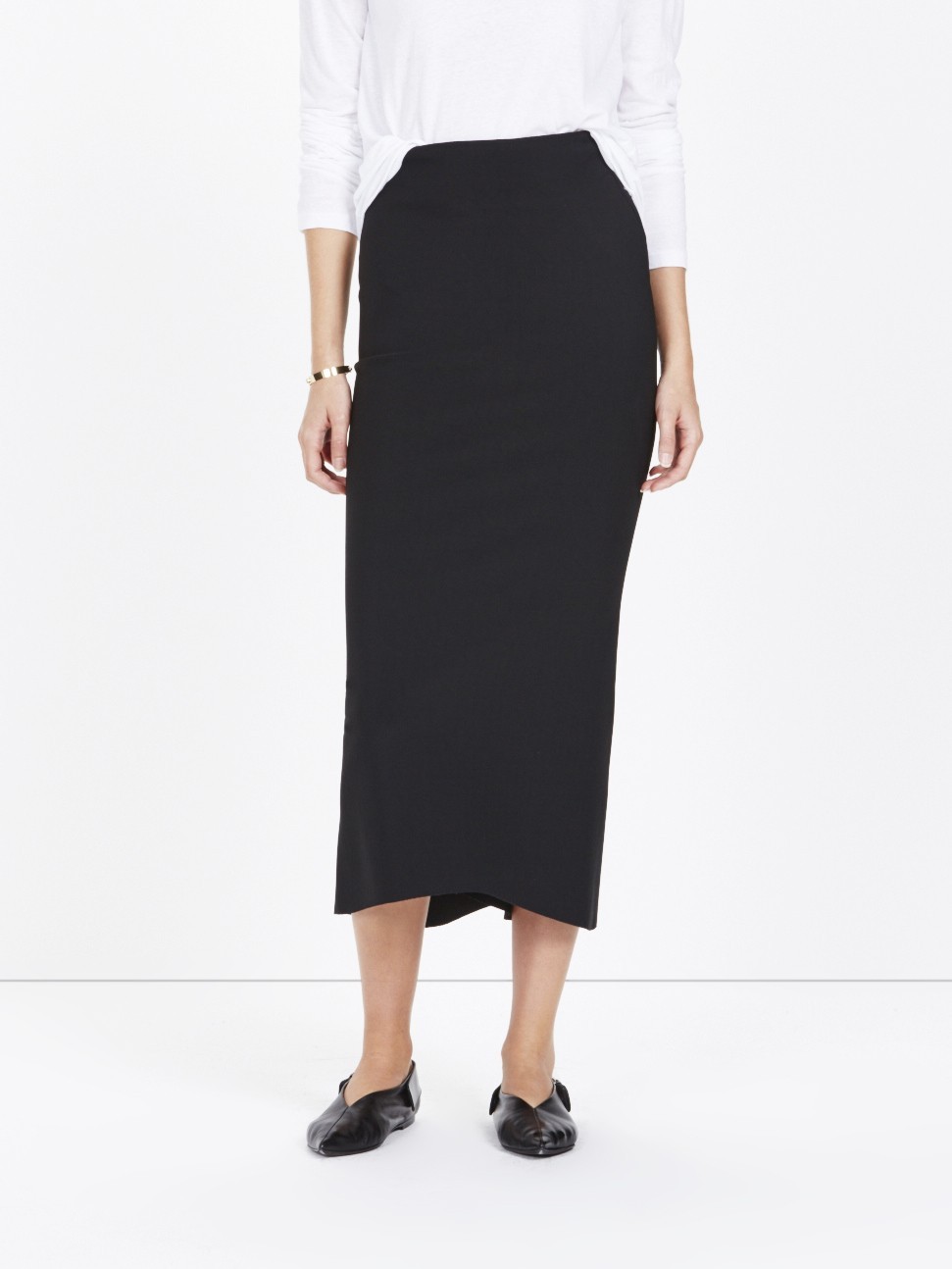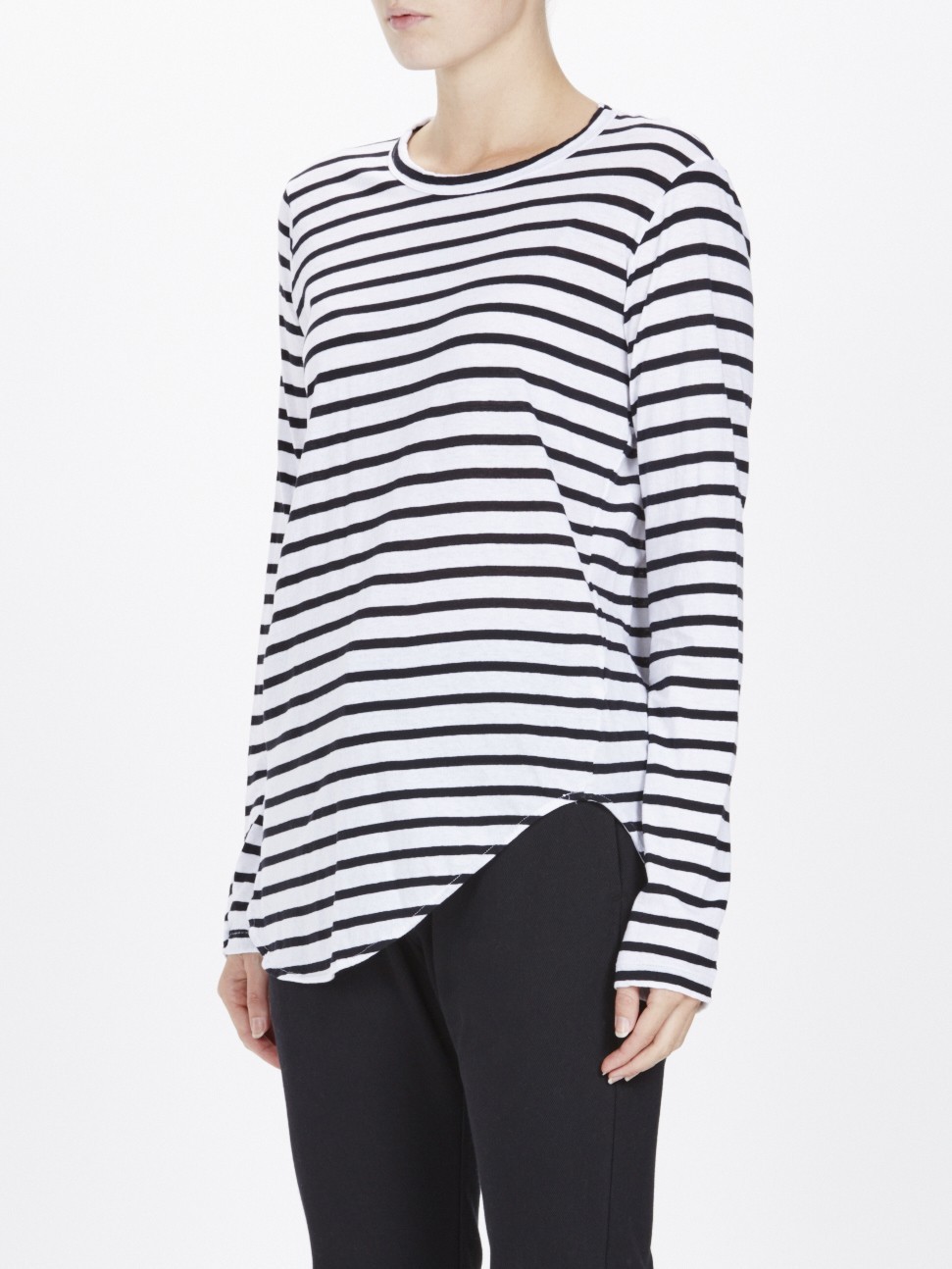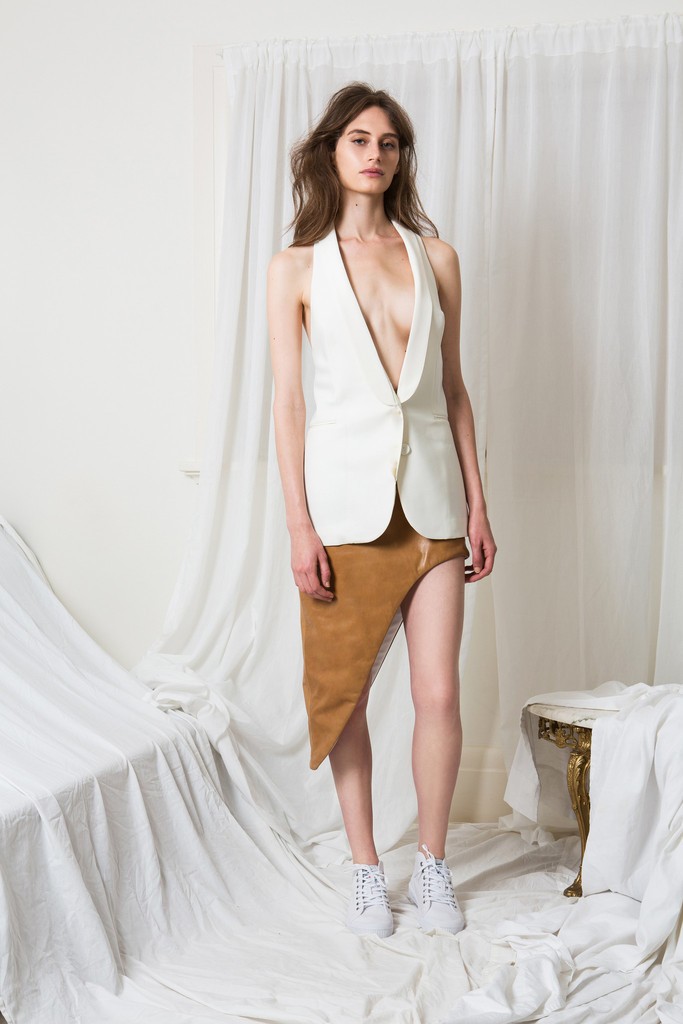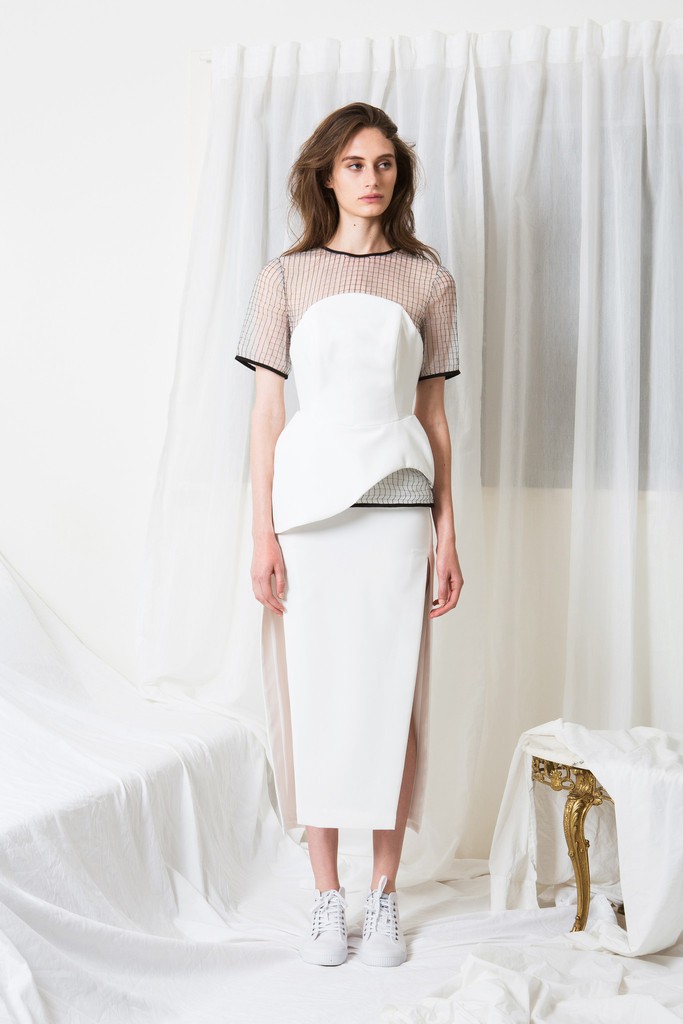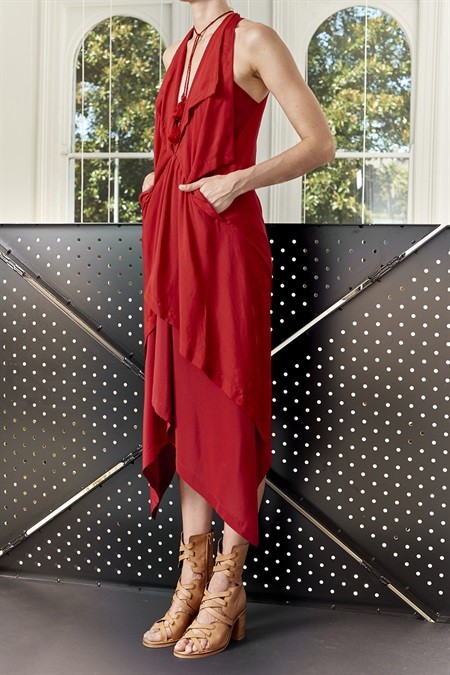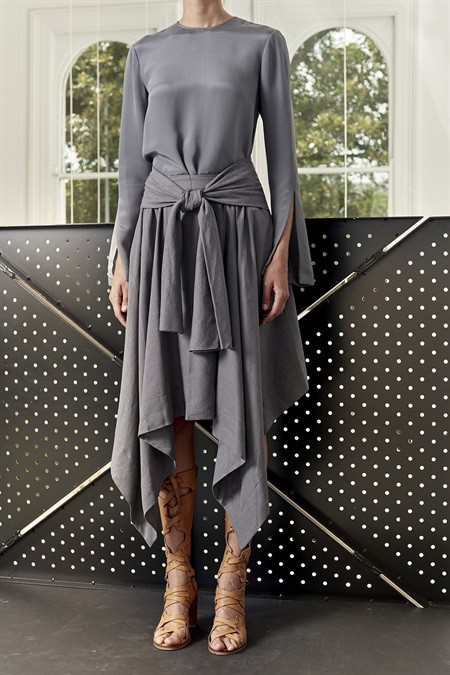The Rise and Rise of Slow Fashion in Australia

Hear the words ‘ethical fashion’ and chances are you can’t get the image of a hessian-sack dress worn with a canvas tote bag out of your head. (Gigi Hadid could make it look like a 10, but that’s not the point.) In recent years, ‘eco’, ‘sustainable’ and ‘ethical’ have become more than just buzz words—they’ve become a meaningful way that many people choose to shop. Some of our favourite Australian labels, such as KITX and Bassike, lead the way in Australia in terms of design, sustainability and ethical fashion.
In order to understand the increasing demand for brands to take charge of the way their clothing is manufactured and of the materials they use, we sat down with Nicole Bennett and Aleysha Campbell of The Helm Society (an agency dedicated to spreading awareness of slow fashion by partnering ethical brands with digital influencers) to get the lowdown on why we should be more mindful.
Keep scrolling to discover what you need to know and then shop pieces from our favourite ethical and sustainable labels.

"Our aim for The Helm Society is to bring back the beauty of fashion. An industry that appears to be so attractive and glamorous, is in fact wreaking havoc our planet. By building awareness of the realities of the fashion industry and promoting brands that are taking responsibility for their supply chain, we hope to steer the fashion industry in a sustainable direction."

"I [Nicole Bennett] had my own fashion label for several years and found the customer was simply unaware of the realities of the industry. I had people asking me what ethical fashion was every day… I launched The Helm Society with the desire to increase awareness.
I also found there wasn’t much support for brands who were doing the right thing (taking responsibility for their supply chain, which often means paying more for manufacturing and fabrics), and I wanted to be that encouragement for those brands."

I would encourage brands to focus on quality and for consumers to "hang ten'' (see below). The most frustrating thing for a customer is when they do the right thing and invest (spend more) on a timeless piece that they plan on wearing at least 30 times, but the garment doesn’t last. This is damaging, not only to the brand and the customer's purse, but the environment, as the customer cannot donate damaged goods to charity, and therefore it ends up in landfill.
T – Thirty times?
The golden rule is to only invest in a garment if you know you will wear it thirty times. Yep, thirty times! I know it sounds like quite a lot… and let’s be frank, it is! So next time you’re at the hanger, hang ten, and ask yourself, will you wear this item thirty times?
E – Ethically made?
It’s important to ask the question—who and how are my threads made? As the customer, your purse holds the power, and you deserve to know the entire story to each piece of clothing you invest in. It is up to you to do a little research on your favourite brands. With this knowledge, you will ultimately know exactly where and how your threads were made.
N – Need it?
Simple, yet hard to answer… because we always ‘need’ a beautiful dress! My challenge for you, is to first get reacquainted with your wardrobe and secondly plan ahead. Once you know exactly what you have, you will be able to see exactly where the gaps lie. Have a beautiful, tailored pair of trousers but no yummy turtle neck to team it with? Then… go out and buy that.
Shop Our Favourite Ethical Brands:
Related: 19 of the Best Australian Shopping Sites to Bookmark Now
What do you think brands brands can do to be more eco-savvy? Start a discussion in the comments below.
Opening image: KITX
Read more stories about style tips and follow us on Facebook, Instagram, Pinterest and Twitter.
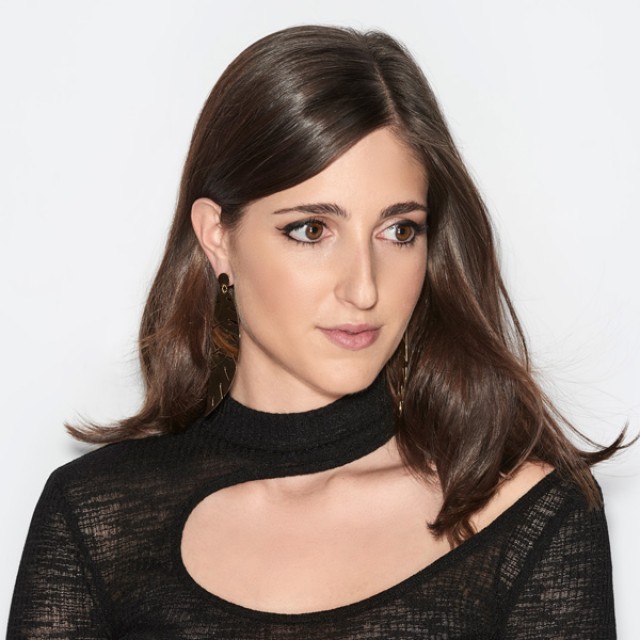
Amanda Bardas is an award-winning leader with 15 years experience building modern digital media businesses. She is currently the head of Val Morgan Digital & Publisher. She joined the Val Morgan team to help launch its digital business and to shape the content team of the future. In six years they’ve grown to become Australia's largest youth network by bringing together household name brands including Fandom, LADbible Group, POPSUGAR, BuzzFeed, and Tasty, all under one roof.
